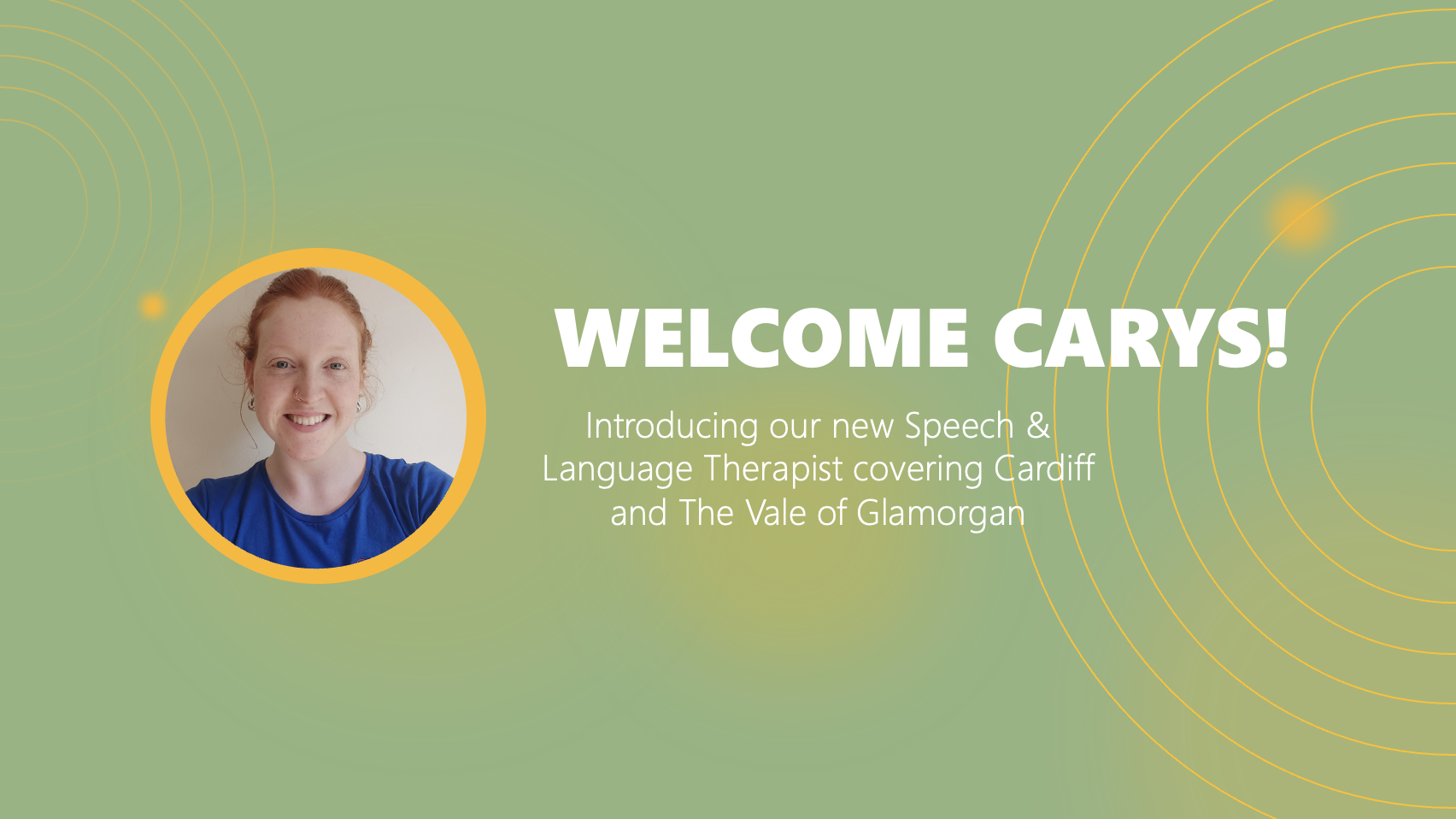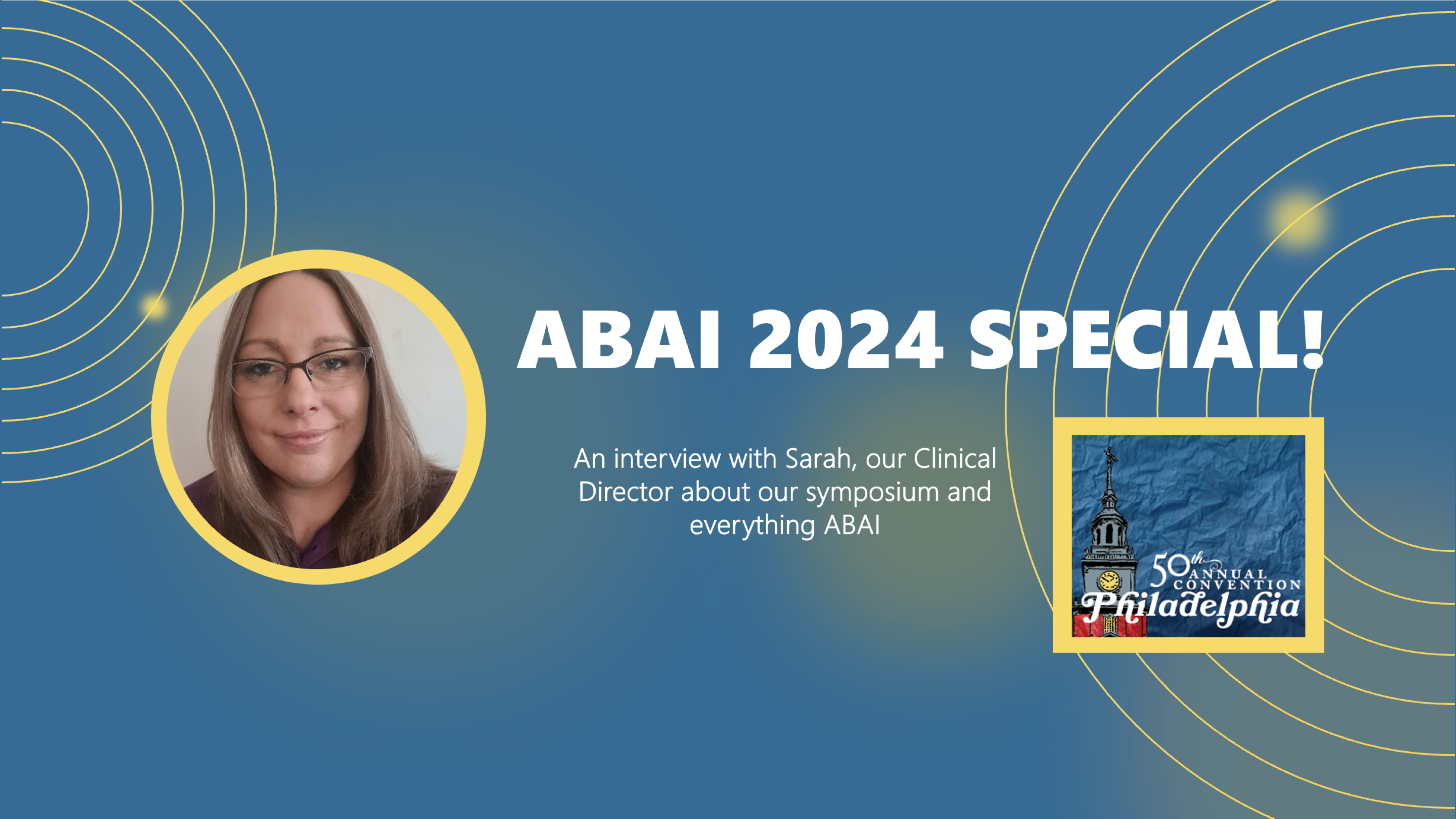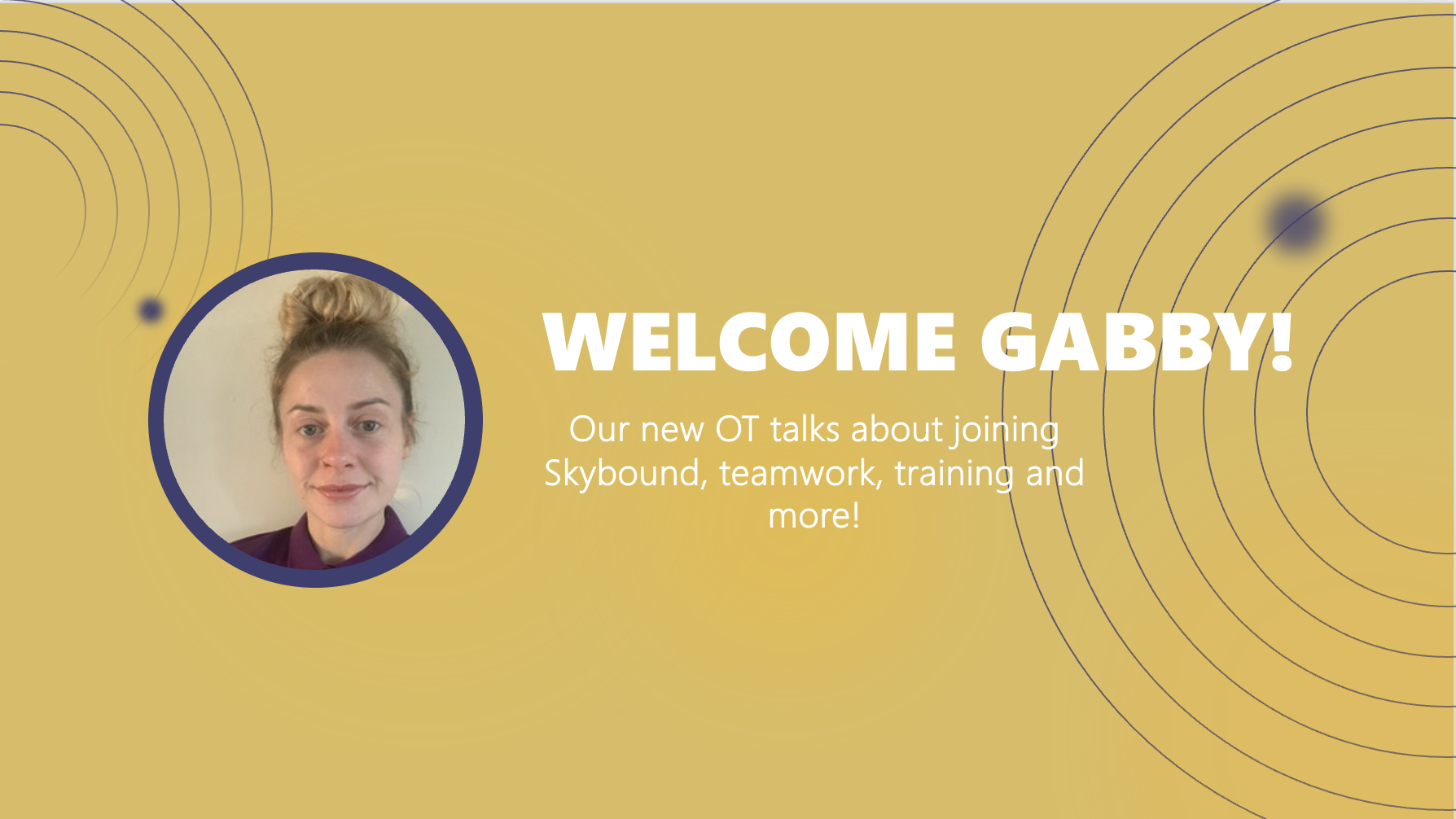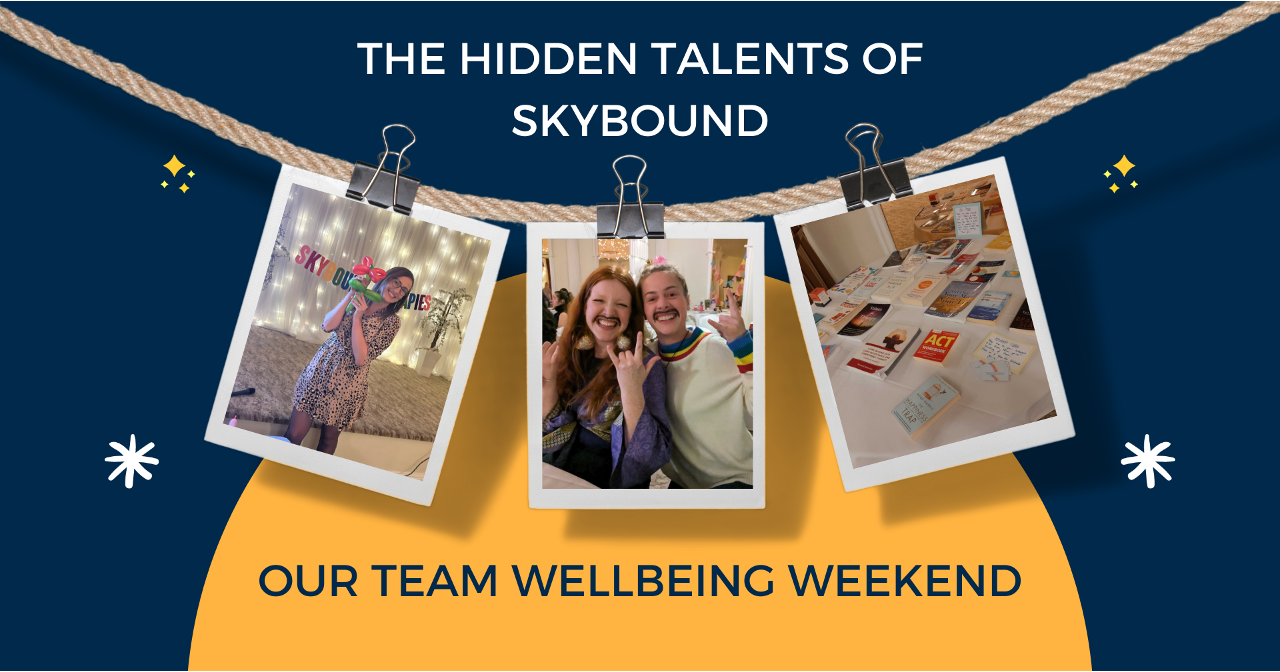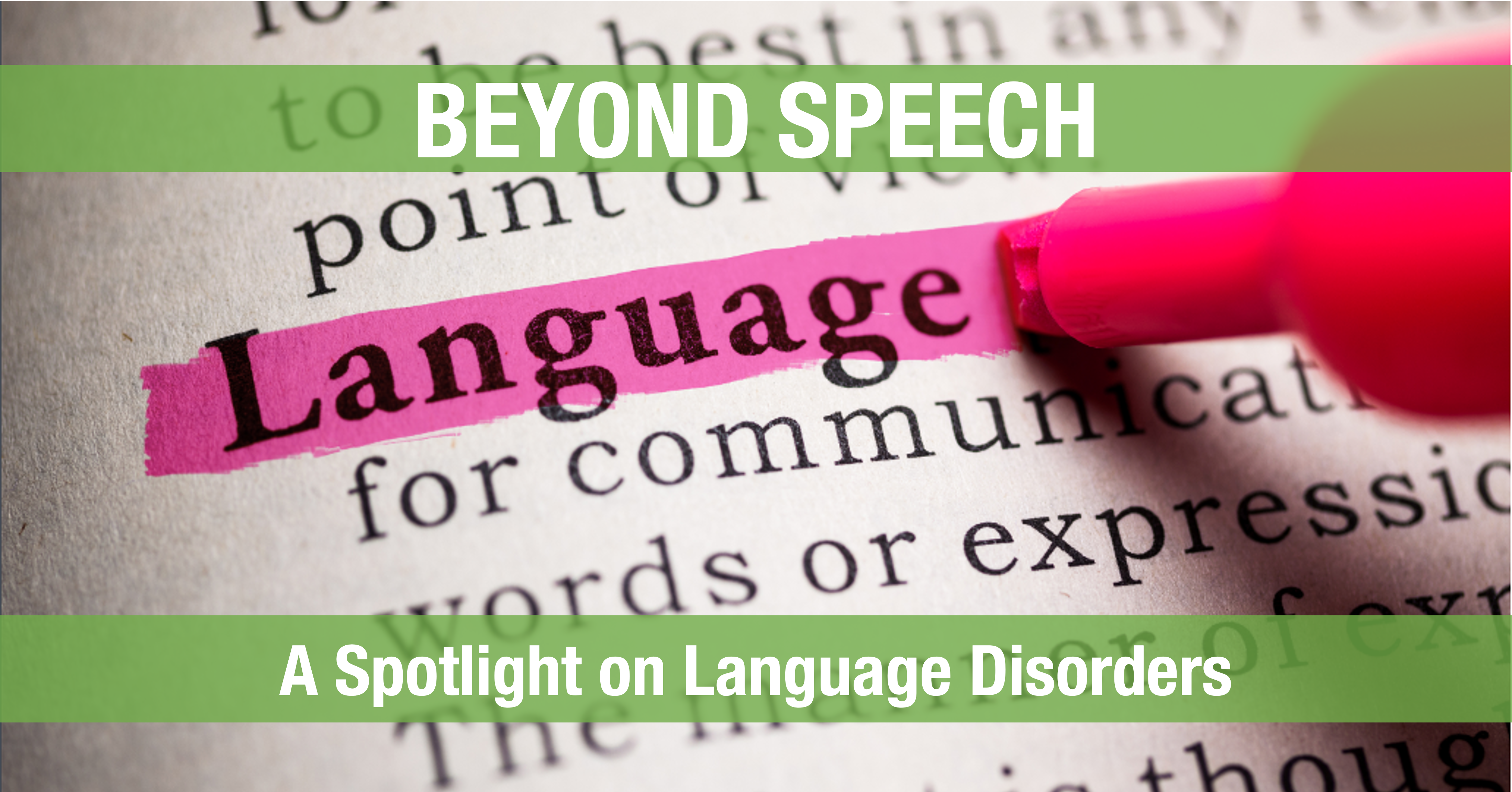Are you in search of a skilled speech and language therapist in the Cardiff area? Look no further! We’re excited to introduce you to Carys who has been making a significant impact over the last six months. We grabbed some time with Carys last week to get her thoughts about her time so far at Skybound.
From working in education settings to embracing the Skybound Therapies approach and values, Carys has been busy enhancing the lives of clients in Cardiff and The Vale of Glamorgan. Read on to find out more.
How long have you been with Skybound?
I started in April; I can’t believe it’s been six months already!
What did you do before and what made you choose Skybound?
I have been working as a speech and language therapist in education settings since I qualified in 2021. Throughout this time, I collaborated with a range of different professionals including occupational therapists, psychotherapists, teachers, and teaching assistants. However, starting at Skybound marked a turning point in my professional life as Skybound is the first place where I have had the opportunity to work with behaviour analysts. On my initial visit to the Therapy Centre, where I shadowed Risca for a day, I learnt about the Skybound approach and culture that was very different to my previous experiences. It made me excited to get to work in a new way, learning about a new profession in a company that held the same values as me.
Where are you based?
Although Skybound HQ is in Pembrokeshire, I am primarily based in Cardiff and The Vale of Glamorgan. I sometimes travel further afield to Bristol.
What’s a typical day like?
Every day is so different. I can spend a day seeing clients on video calls for speech and language issues. Then a day or two doing in-person visits to schools. While in schools, I’ll usually have a teaching assistant or tutor to work with and train. Then I might help out at the Therapy Centre on an Intensive Programme for 1 or 2 days. Focused work with one client on the Intensives is something new and very rewarding. There’s a real sense of collaboration and team work as I will brainstorm with the BCBA’s and give my input. We all work together to create a plan, with me mainly doing the speech work and helping to set targets. It’s always a varied week, which is so different to my previous work based in schools.
What do you like about the work so far?
One aspect that stands out is the enjoyment I get from connecting with my clients and getting started with their therapy journeys. I have had the opportunity to work with clients over Zoom, face-to-face and during the immersive client intensive programmes at the Centre. During the intensive programmes I’ve been able to support clients with communication skills and feeding needs. The intensive sessions are a great opportunity to integrate my knowledge with the expertise of the behaviour analysts. This adds another dynamic to my work.
What kinds of resources have you taken advantage of so far?
Looking back, it’s been quite a journey since starting in April. I’ve squeezed a lot in in 6 months!
I’ve received comprehensive training that has already helped my work with my clients. I have participated in and completed TalkTools courses; TalkTools is a type of Oral Placement Therapy. It’s an innovative method that uses tools to support speech and feeding needs. I loved the courses that focussed on their use for apraxia and feeding needs. I have also completed training in PROMPT, a tactile cueing system that uses tactile feedback to address speech difficulties. What’s amazing is how I have already been able to integrate this evidence-based training into my assessments and therapy sessions.
You’ve just come back from London. What were you doing there?
Believe it or not, more training! I was on the SOS Approach to Feeding course.
Feeding? Can a Speech and Language Therapist help with feeding issues as well?
Yes, definitely. Speech as a function uses the same anatomical structures used for feeding and respiration. Speech and Language Therapy can help and support eating, drinking and swallowing difficulties. At Skybound, we focus on assessing sensory, oral motor and behavioural issues to develop a comprehensive approach to feeding therapy.
So how was the course?
Really interesting. It’s an evidence-based approach to help children with feeding issues get a more varied and complete diet. There’s a focus on building a mealtime routine. What stood out to me was the number of children we term ‘picky eaters’ who actually have specific feeding difficulties. These could be due to physical challenges or skill-based difficulties and are rarely solely behavioural. I loved that this approach uses food therapy that’s play-based, fun, and interactive. It starts from working with preferred foods and then expanding on that.
Any final thoughts?
I have really enjoyed my work with Skybound so far and can’t wait to keep developing my skills to help the people I work with! If you are looking for a Speech and Language Therapist in the Cardiff or Vale of Glamorgan areas, then find out more on our website here or complete an enquiry form here.

